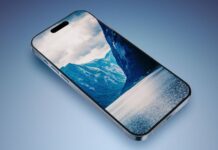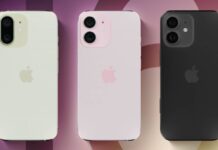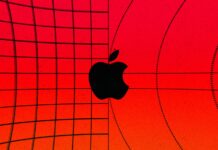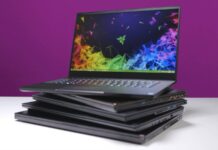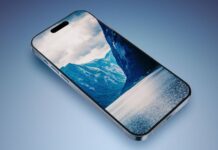Yesterday the company Apple was forced to remove it from its online store iPhone 3GS/4 terminals and iPad/iPad 3G tablets following a ban imposed by Motorola. A few hours after their removal from sale Apple has returned them to its online store because he managed to obtain a suspension of the sales ban. Apple argued before a German court that Motorola did not offer fair, equal and non-discriminatory conditions for licensing FRAND patents, which is why the sales ban was imposed on it. According to a letter discovered by those from Fosspatents Apple could be right because Motorola would have asked Apple to pay 2.25% of the revenue generated by the sale of iDevices that infringe that patent, but Motorola would have included in the amount several patents that it considers that Apple would have violated them.
The answer is: 2.25%. I assume this relates to Apple's sales and to all of MMI's standard-essential patents, although the context is only one patent (the one over which Motorola has already forced Apple, temporarily, to remove certain products from its German online store. Assuming in Motorola's favor that this was a license to all standard-essential wireless patents, the amount still appears excessive to me given how many companies hold patents on such standards and what royalty rate this would lead to in the aggregate.
Those from Motorola cannot include the iPhone 4S terminal in the process still pending in the court in Germany because it contains a baseband chip produced by Qualcomm, which licensed from Motorola the technologies discussed against those from Apple. In the following weeks, Apple must prove in front of the German court that those 2.25% of the sales of iDevices that infringe patents are a much too high figure and to help the disclosure of the sums paid by other companies that license Motorola's technologies. For now, Apple has obtained a favorable decision to request the licensing contracts between Motorola and LG, but they are waiting for the decisions of some courts to see other contracts between Motorola and Nokia, Ericsson and HTC. Apple will try to prove the fact that Motorola did not offer equal, fair and non-discriminatory conditions for technology licensing, but I think this will prove to be a very, very difficult battle for the lawyers.
Until another Apple continues to sell its entire line of iDevices in Germany, but it is not known until when.



